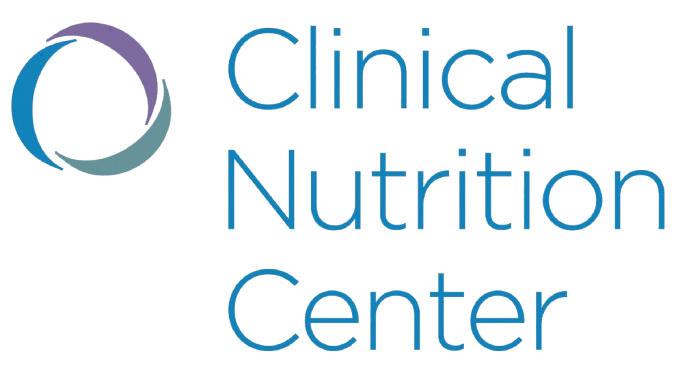Coronavirus (COVID-19) and Obesity
Coronavirus news
News about coronavirus is everywhere. By now you’ve certainly seen claims that drinking tea, taking herbs and probiotics, or loading up on zinc will help your immune system prevent coronavirus infection.
Obesity and Coronavirus
In addition, we’ve heard that people with chronic diseases are more likely to develop more serious symptoms from coronavirus, or even to die from an acute coronavirus infection. Unfortunately, obesity is a chronic disease, and leaves people at heightened risk for serious sequellae of this infection.
Preventing Coronavirus Infections
So if we can’t take magic herbs, what can we do?
- First and foremost, it is important for people living with obesity to try not to get exposed to coronavirus. Avoid being in close contact to people with symptoms (fever, cough, shortness of breath). Wash hands regularly for at least 20 seconds. And keep your hands away from your face!
- Continue to work towards achieving the healthiest weight possible.
- Make sure to consume an adequate diet that contains all the macro and micronutrients your body needs. It can be tricky to get adequate carbs, fat, protein and both water and fat soluble vitamins when on a very low calorie diet. Your registered dietitian nutritionist at CNC can help make sure you are getting adequate nutrition while still succeeding at weight loss. One of the most common vitamin deficiencies we see is in patients living with obesity is vitamin D deficiency. As a fat-soluble vitamin, when a person has developed obesity, there is a larger volume of fat that dilutes the body’s vitamin D stores, and vitamin D levels can get very low. They can get even lower with weight loss. We do suggest to test your vitamin D levels, and to replace with a high quality vitamin D supplement if it is low.
- Other steps you can take to keep your body at peak health and be ready if coronavirus strikes include: regular physical activity (at least 150 minutes per week), adequate sleep and stress reduction.
- Finally, if you do develop symptoms of coronavirus (cough, fever, shortness of breath), then do your best to make sure you are not the cause of spreading the disease. Cover coughs and sneezes, stay home, and call your primary care physician for instructions.
If you are concerned that you have coronavirus, please conduct your visit at CNC by phone, or reschedule to a later date. And, please understand that CNC is not equipped to screen for or treat coronavirus, and we are leaving these important tasks to the primary care providers. Thank you for understanding.





THE use of BMI, Body Mass Index, is insufficiently correlated to obesity, or even BFP, body fat percentage. However initial reports on COVIDseverity and mortality appear to have been calculated through the outdated and inaccurate BMI method of assessment. This use must be resolved before any accurate correlational association can lead tocase fatality determinations.
Well, this is a hot topic. BMI is not a great number, but it is easy to measure. At extremes it is helpful. For example, a BMI over 40 does correlate well with poorer health outcomes. In fact, BMI > 35 is correlated with shorter lifespan of 6-8 years. And, BMI > 40 is associated with poorer outcomes with COVID-19. Here at the office we use a very nice body comp scale made by SECA intended for medical use. This is far more helpful from a weight management standpoint. But the idea that elevated BMI > 35 / > 45 presents a risk factor is valid. Thanks for the comment.